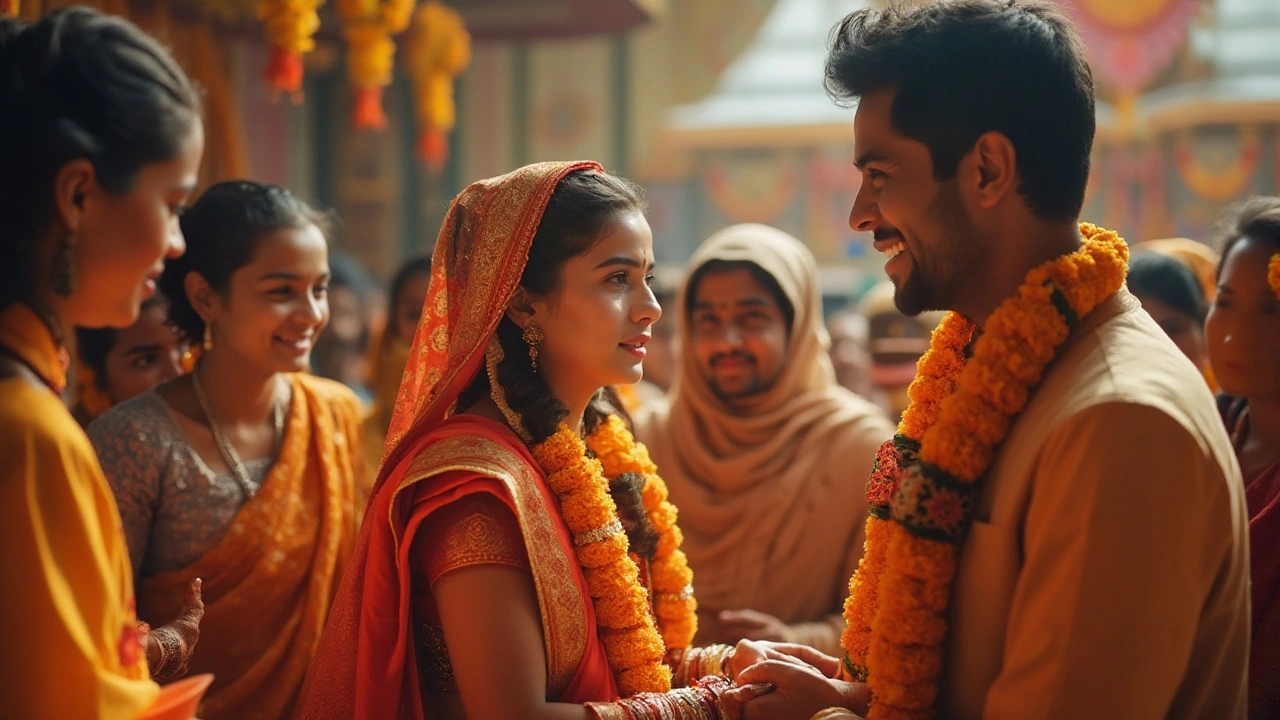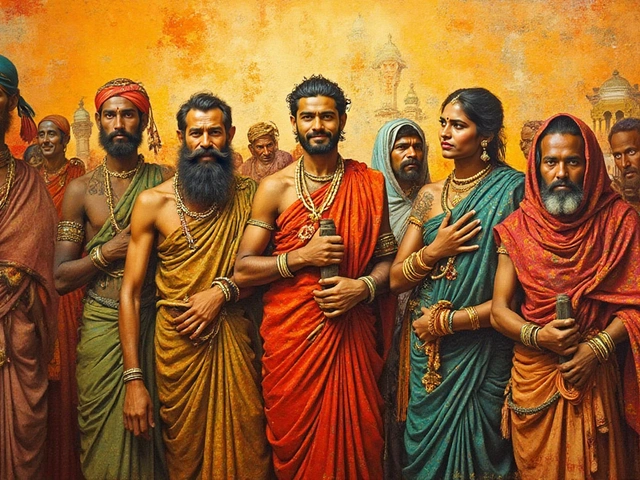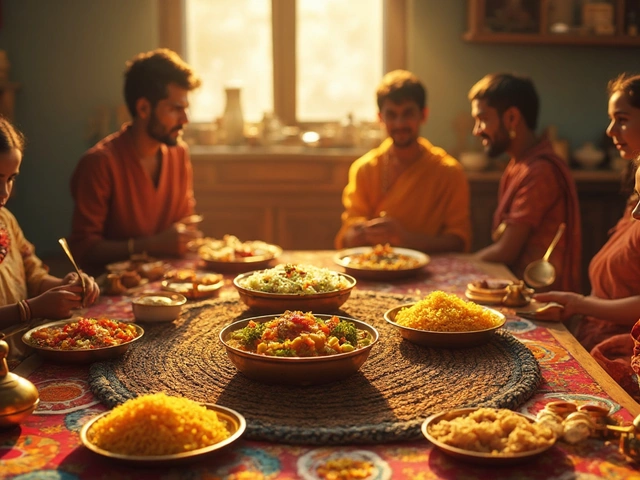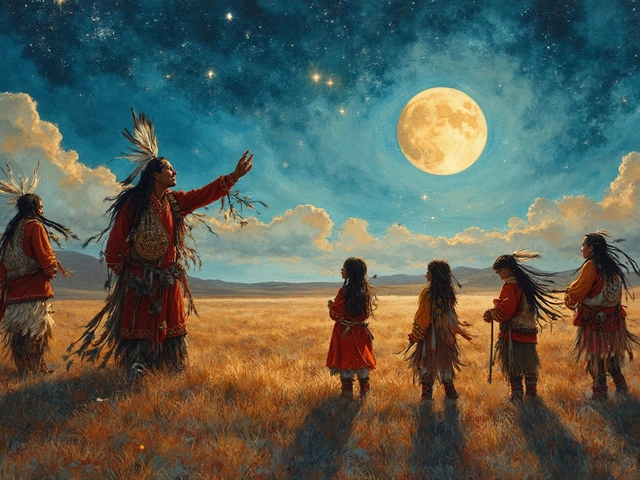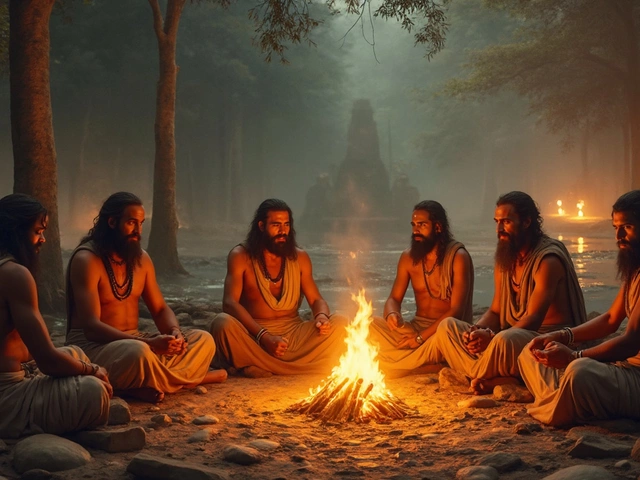Interfaith Marriage in India: Navigating Faith, Family, and Tradition
When two people from different religious backgrounds choose to marry in India, they’re not just combining love—they’re stepping into a complex web of interfaith marriage, a union between individuals of different religious traditions, often facing social, legal, and familial challenges in a deeply faith-based society. This isn’t just a personal choice. It’s a quiet revolution happening in living rooms, courtrooms, and village squares across the country. In a nation where religion shapes identity from birth, choosing a partner outside your faith can feel like breaking a silent rule—one that families, communities, and even laws have spent generations reinforcing.
What makes this so difficult? For many, it’s not about belief. It’s about belonging. A Hindu-Muslim marriage, a common form of interfaith union in India, often triggers deep-seated cultural anxieties around lineage, rituals, and community acceptance. A Sikh marrying a Christian? A Jain marrying a Muslim? Each pairing carries its own set of unspoken expectations. Families worry about how children will be raised. Relatives fear losing connection. Communities whisper. And while the law says you have the right to marry who you love, the social cost can feel heavier than any legal hurdle. This tension isn’t new. But today, more young Indians are choosing to face it—sometimes quietly, sometimes loudly—because love refuses to wait for permission.
What you’ll find in the posts below isn’t a debate on religion. It’s a look at real lives. From the quiet courage of couples navigating temple and mosque visits together, to the legal gray zones around marriage registration under the Special Marriage Act, these stories show how Indian religions, the diverse belief systems practiced across India, including Hinduism, Islam, Christianity, Sikhism, Jainism, and Buddhism, each with distinct customs around marriage and family. shape daily choices. You’ll see how cultural identity, the sense of belonging tied to language, religion, caste, and regional tradition, often becomes the invisible battleground in interfaith unions. isn’t just about what you believe—it’s about who you’re allowed to become with someone else. These aren’t abstract ideas. They’re dinner tables where silence speaks louder than words. They’re wedding invitations that never got sent. They’re children learning two sets of prayers before bed.
There’s no single answer to whether interfaith marriage works in India. But there are countless stories of people making it work—on their own terms. What follows are real voices, real struggles, and real moments of quiet triumph. You’ll learn how some couples blend rituals without erasing either tradition. How others choose civil marriages to avoid family drama. And how, in places like Tamil Nadu or Gujarat, where community ties run deep, even small acts of acceptance can ripple outward. This isn’t about changing India. It’s about changing how India sees love.
